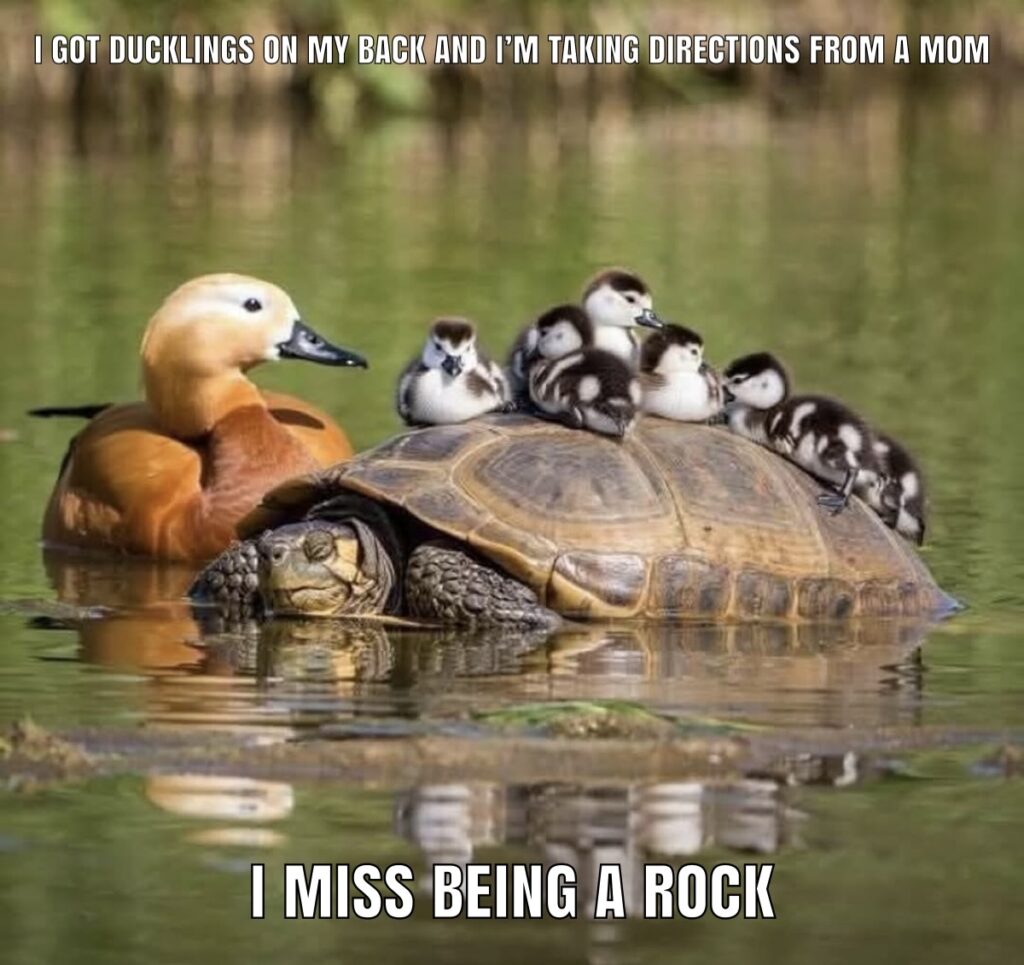Category Archives: The Evidentialism Files
Toward

The vine does not choose
the sun—
it leans
on faithful hunch.
A trail of ants
reroutes around a stone
without word,
but unanimous devotion.
Beneath trees,
roots cross like fingers
in prayer,
never having seen
what they worship.
The bird lifts
before thunder,
as if it dreamed sky’s intent.
We call it instinct,
but what if it’s listening?
Not to sound,
but to some tilt
inside the world?
Not thought.
Not self.
Only a turning
toward.
Carbonated Courtship

She ordered a soda,
said she liked
the way it fizzed—
like it had something to say
but lost its nerve halfway up the straw.
He stirred his coffee.
Said nothing.
Which, if you listened right,
was a kind of music.
The hiss in her glass
sounded like
her mother’s breath
before a sentence
that ended in
judgment.
A fly circled.
The ice melted.
Time passed
as it always does—
slowly
until it doesn’t.
He reached for her hand
not to hold it,
but to let her know
he noticed
she still shook
when the bubbles popped.

